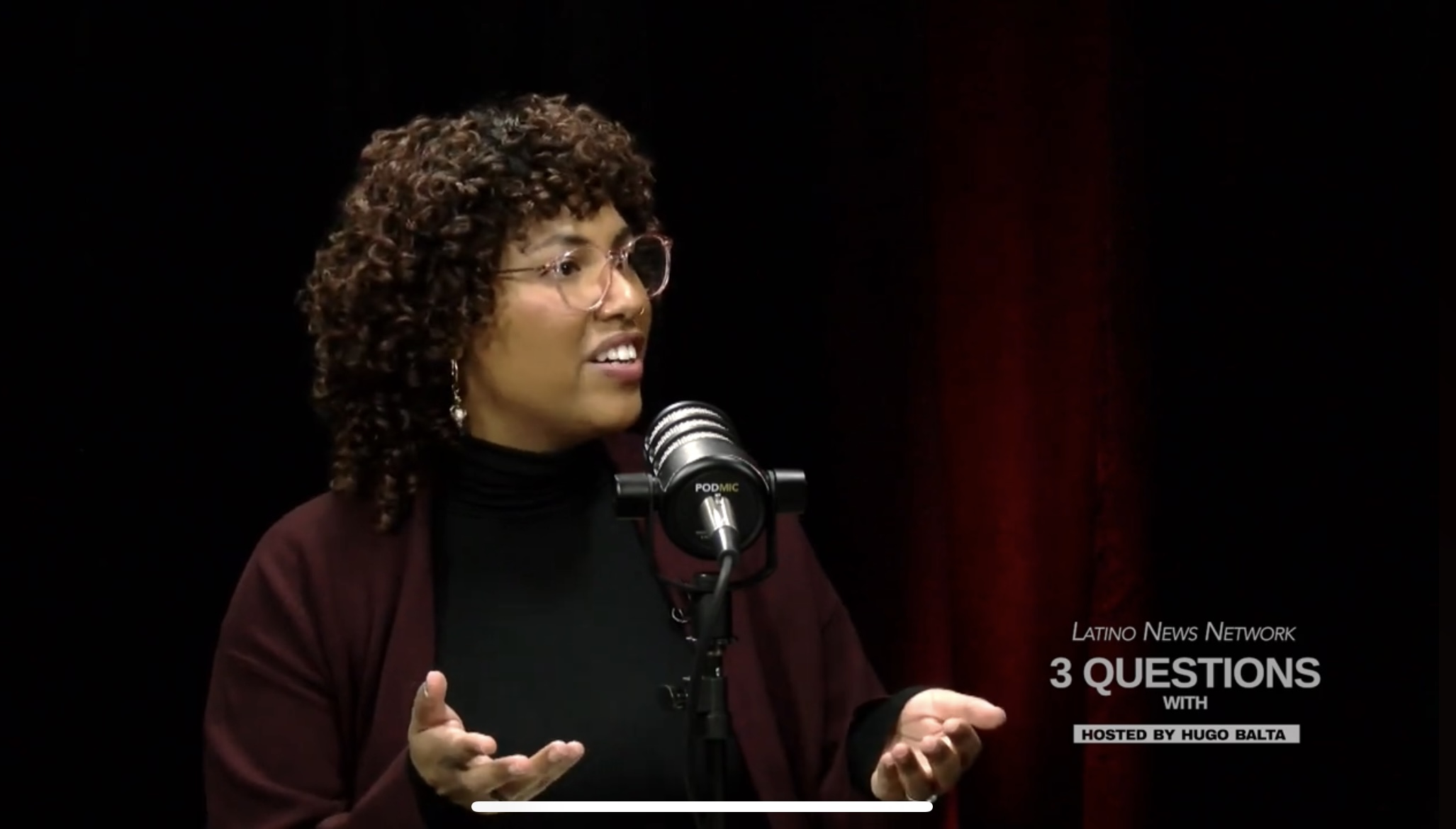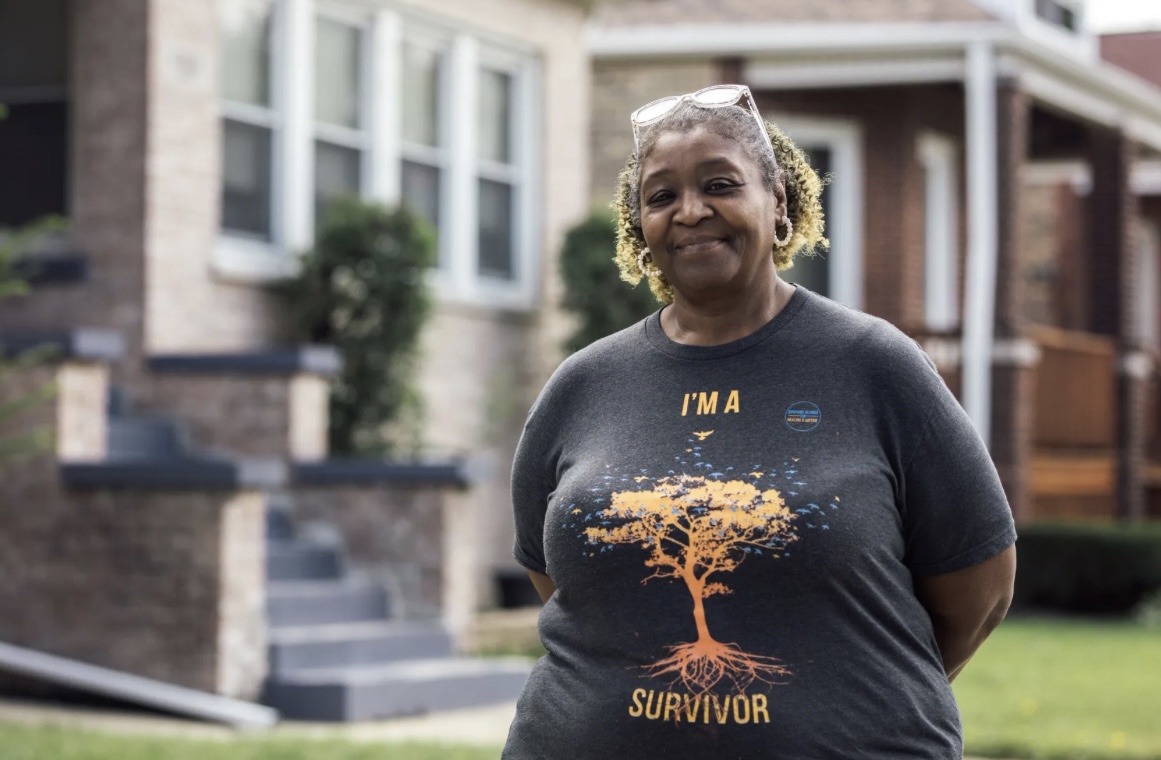The Pew Research Center finds that in 2020, there were about 6 million Afro-Latino adults in the United States.
Afro-Latino identity is a distinct one, with deep roots in colonial Latin America.
The multiple dimensions of Latino identity reflect the long colonial history of Latin America, during which mixing occurred among indigenous Americans, White Europeans, Asians, and enslaved people from Africa.
Afro-Latinos experiences are influenced by race, skin tone, in ways distinct from those of other Hispanics, including struggling with their Black identity.
Only 18% of Afro-Latinos said they were Black in a national study, compared to 39 percent who identified as white. While almost a quarter said their race was “Hispanic” — which is an ethnicity, not a race.
The Hispanic community holds colorist ties, causing Afro-Latinos to feel that they must favor their Latino instead of their Black roots in order to avoid prejudice, a common occurrence if they have a lighter complexion.
Michelle Bueno Vasquez, a Ph.D. candidate at Northwestern University studying political science and transnational Afro-Latino diaspora, was a guest on the program “3 Questions With…” hosted by Hugo Balta, publisher of IL Latino News.
Bueno Vasquez shared insights about the work she is leading as a methodologist and race scholar. “My research centers on the Afro-Latino experience,” she said. “I think it is important for us, within our communities, to recognize the members that are at the edges. Those are the folks that need the most research, who need the most resources.”
Bueno Vasquez’s lived experience inspired her to pursue research agendas to uplift historically marginalized communities, particularly those who experience marginalization within minority groups, such as Afro-Latinos and Black Women.
A study by the State University of New York at Albany, found that Latinos who identify themselves as Black have lower-incomes, higher unemployment rates, higher poverty rates, less education, and fewer opportunities than those who identify themselves as “White” or “other”. That situation has encouraged many Afro-Latinos distance themselves from their Black roots; a tactical behavior that Bueno Vasquez coined minority movement essentialization.
“This quintessential Latino would be brown, probably from Mexico, most likely Democrat, most likely middle or lower income,” said Bueno Vasquez about how Latino organizations define Latinidad in order to gain more resources like funding from the government. “The issue with having this idea of this Latino prototype is that it obfuscates the folks that live in the edges; that live at the end of the spectrum. At one end of the spectrum you have indigenous, Black Latinos who are completely erased from any kind of policy, any kind of representation when it comes to politics,” she said.
Bueno Vasquez was born in the Dominican Republic and relocated to Miami, Florida when she was eleven. It’s in South Florida that she says she experienced a racial shock. “There was this one girl (classmate) I remember telling me that her grandparents, “they just hate Black people, they’re so racist.” When Bueno Vasquez suggested she no longer visit her home, the classmate told her, “No, not you, you’re different. You speak Spanish. Like you’re not like them.” Bueno Vasquez responded, “What do you mean not like them?”
Publisher’s Notes: Michelle Bueno Vasquez mentioned “How the U.S. census ignores Afro-Latinos”, an analysis she produced for the Washington Post. You can read the article, HERE.
“3 Questions With…” is co-produced by the Latino News Network (LNN) and CAN TV, Chicago’s hub for community-centric news, hyperlocal stories, and educational resources.
You can support stories like this one by donating to IL Latino News, HERE.




